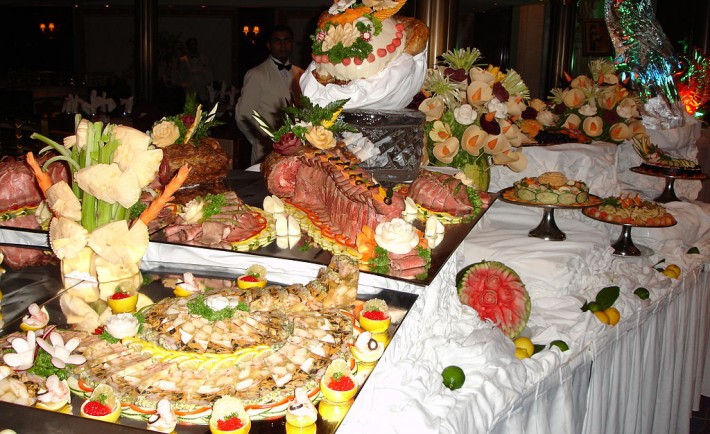
If you are thinking about starting your catering business and would like to support events in your local areas, you will have to face a huge competition. The good news is that what you don’t have in experience and reputation you can make up for by staying unique and catering for specialist markets. By staying flexible, listening to your clients, and building positive relationships, you can make it in the industry. Below you will find a list of things you should consider before you get started.
1. Check the Current Food Hygiene Regulations
Whether you would like to make your own food items freshly, or order it from a supplier, you need to study the current food hygiene regulations, health and safety, and industry standards in the area you are setting up your business. You will need to build a sustainable business that complies with all the legislation and focuses on customer safety. If you need specialist equipment to run your business, or need to keep certain items at a level temperature, you might have to invest more in the beginning.
2. Evaluate Suppliers
You need to make sure that all your business partners are able to meet the industry standards and can show you their working practices. If you don’t know how the food you serve at events is produced, you cannot guarantee the quality. Check the reputation of your potential supplier, and interview different companies before you choose them as your partner. You want a reliable supplier with a proven track record to make sure they don’t let you down at the worst possible time.
3. Traceable Food
It is also important in the 21st century that your food is traceable, and doesn’t have a huge carbon footprint. If you have corporate clients that pledged to make their supply chains cleaner and greener, they will not appreciate your salmon dishes that traveled thousand of miles. Likewise, an increasing number of Millennials are concerned about the carbon footprint of their food, so if you focus on catering for weddings, you might be asked the question.
4. Ethical Consideration
Employee relations within your company are important if you would like to build a strong brand with a great reputation. You are likely to work with temporary workers and women, in particular, therefore, you need to talk to an HR professional about your options. Make sure your employees get adequate time off and breaks when needed, and make health and safety one of your top priorities.
5. Waste Management
When dealing with food and leftovers, it is important that you create a detailed food waste management plan. From donating to charities on the day to disposing of the wrapping ethically, there are several things you must pay attention to, if you would like to pass inspections with flying colors and avoid fines.
6. Catering for People with Special Diets
Today, an increasing number of people choose a special diet. Others have developed milk, gluten, wheat, or nut intolerance. You are likely to come across some customers with special dietary needs. Try to find alternative ingredients to make sure that everyone is able to enjoy the food served. Check out Global Foods UK – Wholesale Date Paste Supplier For The Food Industry to find out how you can create cakes without flour, using date paste. You can offer gluten free, dairy free, and vegetarian options on demand, depending on the size of the event.
7. Finding Your Unique Selling Point
In the event management business, added value matters a lot. You need to check what your competition is offering, and provide something more, better, or cheaper. Before you start building your brand, it is necessary to search for your unique selling point, so you can stand out from the crowd. Whether you would like to cater for a small group, or specialize in corporate events, you need to give your potential customers a good enough reason to choose you and not another company.
Whether you would like to team up with wedding planners and offer special menus for the big day, or start small with corporate events and meetings, you will need to create a sustainable plan to stay competitive on the market in the 21st century. A catering business is highly regulated, as it deals with food and perishable items. Research the regulations, your market, your competition, and develop a business strategy that is built on your unique selling points. To win the game, you need to listen to your customers, meet their individual needs, and offer more value than the competition.






